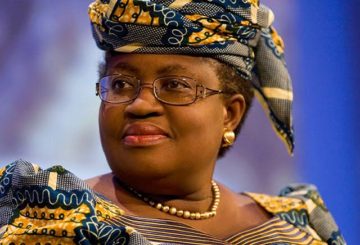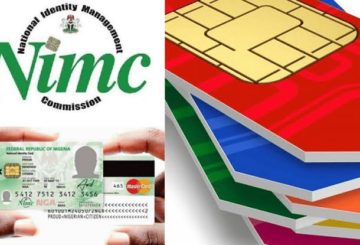The deadline for the removal of old naira notes have put President Muhammadu Buhari and the House of Representatives in direct conflict.
The deadline for exchanging the old N200, N500, and N1000 notes for the new ones was previously set at January 31 by the CBN.
A 10-day extension of the deadline for the withdrawal of old naira notes to February 10, 2023, was, however, accepted by the President yesterday at the Central Bank of Nigeria’s request.
In order to allow Nigerians to deposit their old notes at the CBN after the deadline in February when they would no longer be accepted as legal tender, a seven-day grace period, starting on February 10, and lasting until February 17, 2023, was also granted.
However, in a fast response yesterday, the House of Representatives rejected the extension and insisted that the CBN follow its resolution that the deadline be extended by six months.
Buhari grants Emefiele’s deadline
The President approved the 10-day extension of the deadline following a meeting with Mr. Godwin Emefiele, governor of the top bank, on Sunday at Buhari’s rural residence in Daura, Katsina State.
Emefiele’s plea was granted by the President, who urged additional time, prudence, and order so that Nigerians may successfully switch to the new notes and minimize the danger of loss, particularly for the underserved in rural regions.
He said: “First, I will like to thank Mr. President for giving the CBN the approval to embark on this ambitious programme because, like I said, in the past, the CBN has not had the opportunity to embark on such currency redesign programme in last 19 years.
“Let me emphasize that only an incorruptible leader of the President’s stature can give such approval to the CBN.’’
The CBN governor, who noted that currency redesigns were supposed to be every five to eight years, said: “Our aim is mainly to make monetary policy decisions more efficacious and as you can see, we have started to see inflation trending downwards and exchange rates relatively stable.
“Secondly, we aim to support the efforts of our security agencies in combating banditry and ransom taking in Nigeria through this programme and we see that the military is making good progress in this important task.
“We are happy that so far, the exercise has achieved a success rate of over 75 per cent of the N2.7 trillion held outside the banking system. Nigerians in the rural areas, villages, the aged and vulnerable have had the opportunity to swap their old notes; leveraging the Agent Naira Swap initiative as well as the CBN Senior staff nationwide sensitization team exercise.
“Aside from those holding illicit/stolen Naira in their homes for speculative purposes, we do aim to give all Nigerians that have Naira legitimately earned and trapped the opportunity to deposit their legitimately trapped monies at the CBN for exchange.
“Based on the foregoing, we have sought and obtained Mr President’s approval for the following:
“10-day extension of the deadline from January 31, 2023, to February 10, 2023; to swap Naira legitimately held by Nigerians and achieve more success in cash swap in our rural communities after which all old notes outside the CBN losses their Legal tender Status.
“Our CBN staff currently on mass mobilization and monitoring together with officials of the EFCC and ICPC will work together to achieve these objectives.
“A 7-day grace period, beginning on February 10 to February 17, 2023, in compliance with Sections 20(3) and 22 of the CBN Act allowing Nigerians to deposit their old notes at the CBN after the February deadline when the old currency would have lost its Legal Tender status.
“We, therefore, appeal to all Nigerians to work with the CBN to ensure a hitch-free implementation of this very important process for program.”
The chairman of the Adhoc Committee and leader of the house Alhassan Ado-Doguwa said in a statement that he would not accept the 10-day extension of the deadline that President Buhari approved yesterday:
“The 10-day extension for the exchange of the old naira notes is not the solution. We as a legislative committee with a constitutional mandate of the House, would only accept clear compliance with section 20 sub-3, 4, and 5 of the CBN act and nothing more.
“Nigeria as a developing economy and a nascent democracy must respect the principle of the rule of law.”
In his capacity as chairman, Doguwa declared that the committee would keep working until the needs of Nigerians were met in accordance with the law.
Insisting that the House would issue an arrest warrant for the CBN governor if he failed to appear before the committee, which is expected to wrap up its work tomorrow, Doguwa described the extension as a mere political gimmick to further mislead Nigerians and worsen their economic and social well-being. He also claimed that the policy was capable of undermining the upcoming general elections.





